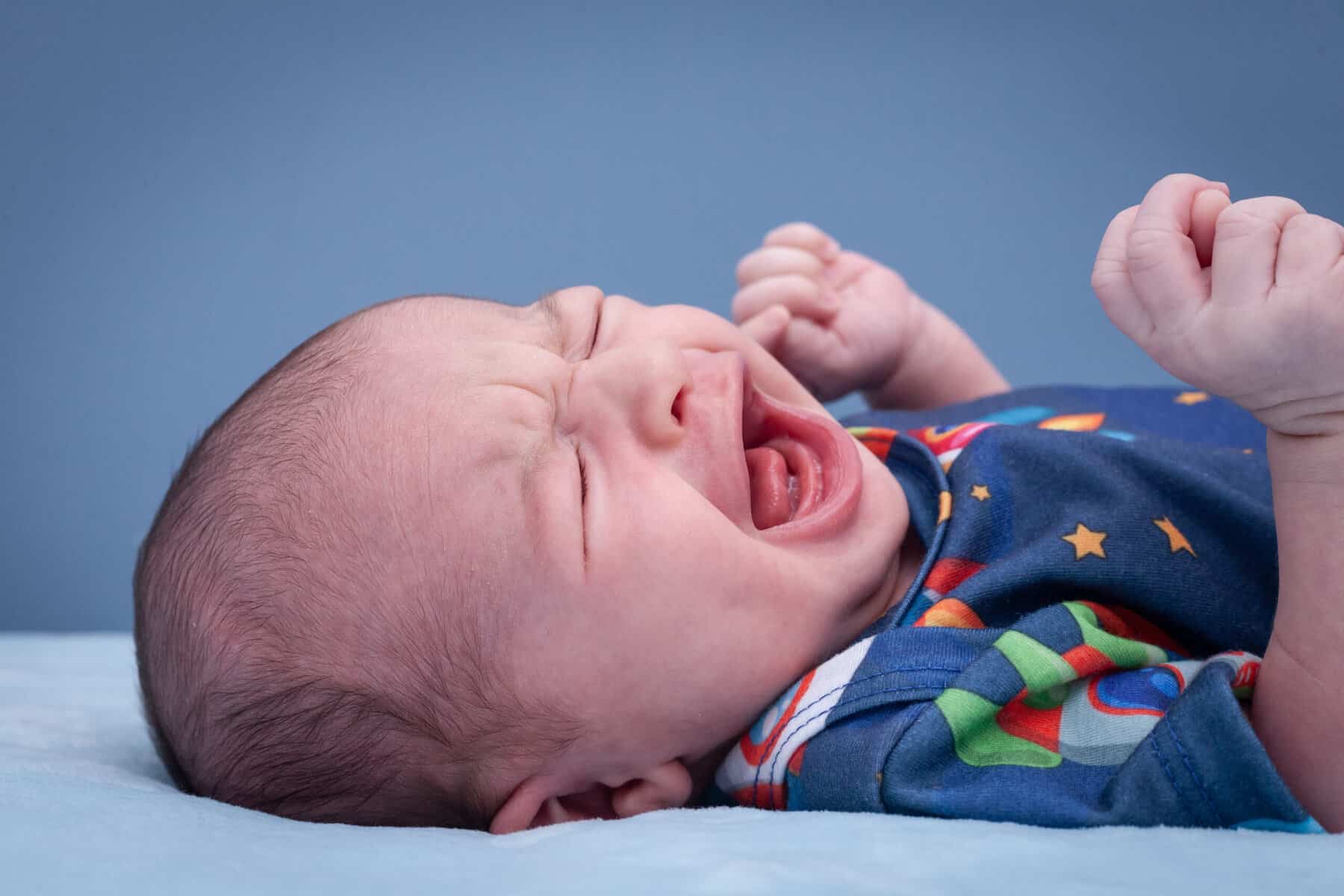A Parent’s Guide to Understanding the Mystery Behind Your Child’s Ear-pulling
Welcome, dear parents! If you’ve been noticing your little one frequently fiddling and pulling at their ears, do not panic. Children garner curiosity, and you’re right to seek clarification. This guide shall walk you through the potential reasons and the necessary steps you need to take for pulling at ears.
Understanding Ear Pulling Among Children
Children communicate differently than adults. They often show signs which need to be interpreted correctly to understand what’s happening. One such sign is pulling at ears.
Reason 1: Teething Period
Many babies tug on their ears when they are teething. It may seem unrelated, but the pain stemming from their growing little pearly whites can travel to the ears.
Reason 2: Self-Soothing
For some children, pulling on their ears serves as a source of comfort. They might do this while tying to fall asleep or when they feel anxious.
Reason 3: Ear Infections
Ear infections are common among kids, characterized by ear pulling, paired with fever and lack of appetite. Do not hesitate to consult with a pediatrician if these symptoms persist.
When Should I Worry?
Understanding the context is essential. Let’s explore when you should worry and seek professional health advice.
Unusual Behavior or Persistent Pain
If your child’s ear pulling is followed by unusual behavior, persistent pain, sleep disturbances, balance problems, or changes in hearing, it’s crucial to get a medical consult.
Persistent Fever
A persistent fever alongside ear pulling could be a sign of an underlying ear infection. It’s recommended to seek professional help immediately in such scenarios.
Uncommon Discharge
Any discharge from the ear, which is not ear wax, should be a matter of concern. If your child experiences this along with ear pulling, it’s time to contact your healthcare provider.
This guide serves as an initial resource for understanding why your child might be pulling at their ears. However, making definitive conclusions should be left to healthcare professionals. When in doubt, always follow your instinct and stay in touch with your pediatrician!
Remember, you’re doing a fantastic job navigating this parenting journey! Take a stride at a time, keep learning, and you’ll know how to interpret your child’s unique language in no time!

Credit: Pexels
A Parent’s Guide to Understanding the Mystery Behind Your Child’s Ear-pulling
Welcome, dear parents! If you’ve been noticing your little one frequently fiddling and pulling at their ears, do not panic. Children garner curiosity, and you’re right to seek clarification. This guide shall walk you through the potential reasons and the necessary steps you need to take for pulling at ears.
Understanding Ear Pulling Among Children
Children communicate differently than adults. They often show signs which need to be interpreted correctly to understand what’s happening. One such sign is pulling at ears.
Reason 1: Teething Period
Many babies tug on their ears when they are teething. It may seem unrelated, but the pain stemming from their growing little pearly whites can travel to the ears.
Reason 2: Self-Soothing
For some children, pulling on their ears serves as a source of comfort. They might do this while tying to fall asleep or when they feel anxious.
Reason 3: Ear Infections
Ear infections are common among kids, characterized by ear pulling, paired with fever and lack of appetite. Do not hesitate to consult with a pediatrician if these symptoms persist.
When Should I Worry?
Understanding the context is essential. Let’s explore when you should worry and seek professional health advice.
Unusual Behavior or Persistent Pain
If your child’s ear pulling is followed by unusual behavior, persistent pain, sleep disturbances, balance problems, or changes in hearing, it’s crucial to get a medical consult.
Persistent Fever
A persistent fever alongside ear pulling could be a sign of an underlying ear infection. It’s recommended to seek professional help immediately in such scenarios.
Uncommon Discharge
Any discharge from the ear, which is not ear wax, should be a matter of concern. If your child experiences this along with ear pulling, it’s time to contact your healthcare provider.
This guide serves as an initial resource for understanding why your child might be pulling at their ears. However, making definitive conclusions should be left to healthcare professionals. When in doubt, always follow your instinct and stay in touch with your pediatrician!
Remember, you’re doing a fantastic job navigating this parenting journey! Take a stride at a time, keep learning, and you’ll know how to interpret your child’s unique language in no time!
Understanding Why Children Pull Their Ears and How To Prepare For It
Pull at ears is a common behavior among babies and young children. As a parent, it’s understandable if this worries you, but being prepared can help manage the situation. Here are five essential things every parent should know.
1. Pulling at Ears Might Not Necessarily Indicate an Infection
While an ear infection can cause discomfort that leads to pulling or scratching, this isn’t always the case. Some children might pull their ears as part of exploring their own bodies or when they are sleepy.
2. Ear Pulling Can Be a Self-Soothing Habit
Some children mindlessly pull on or play with their ears to comfort themselves. This is much like how some children suck on their thumbs for self-soothing. If this is the case, it’s generally nothing to worry about.
3. Look Out for Other Signs of Illness
If pulling at ears is combined with other signs of illness such as a fever, reduced appetite, or changes in sleeping habits, it might indicate an ear infection. Consult a pediatrician if you notice these symptoms.
4. Keep Ears Clean, But Avoid Over-Cleaning
Mild earwax is healthy, as it protects the ear canal from bacteria. Over-cleaning a baby or child’s ears can cause discomfort, which may lead to ear pulling. Always be gentle when cleaning your child’s ears.
5. Regular Check-ups Can Help
Regular pediatric check-ups ensure that any medical conditions causing ear pulling, like ear infections or teething, can be spotted and treated early. Always share all your observations with your child’s doctor.
Remember, ear pulling could be just a phase your child is going through, but being vigilant and prepared can help you navigate the situation better.
For more great articles please see here. For more information on raising children see here
Disclaimer
The articles available via our website provide general information only and we strongly urge readers to exercise caution and conduct their own thorough research and fact-checking. The information presented should not be taken as absolute truth, and, to the maximum extent permitted by law, we will not be held liable for any inaccuracies or errors in the content. It is essential for individuals to independently verify and validate the information before making any decisions or taking any actions based on the articles.




